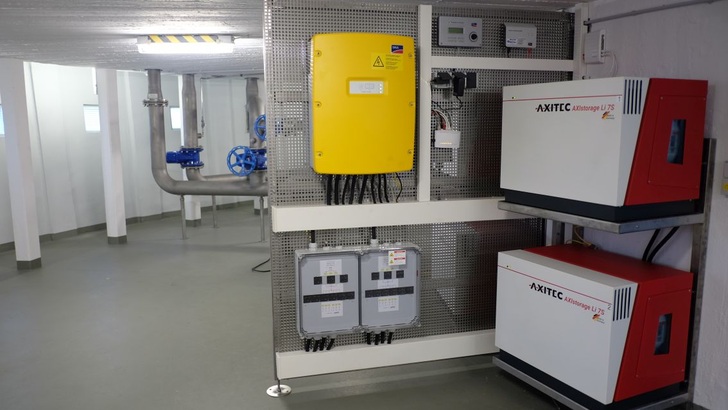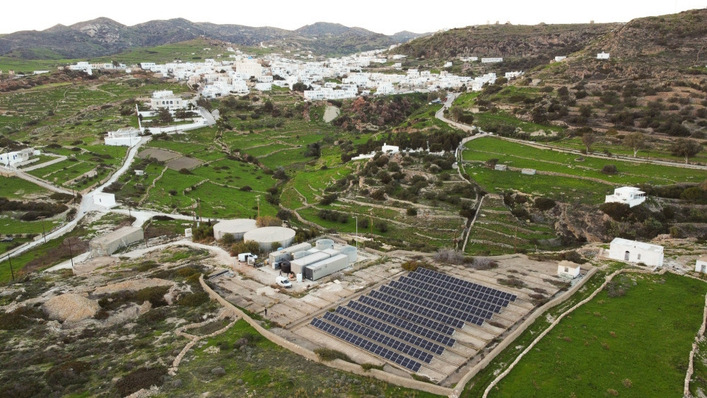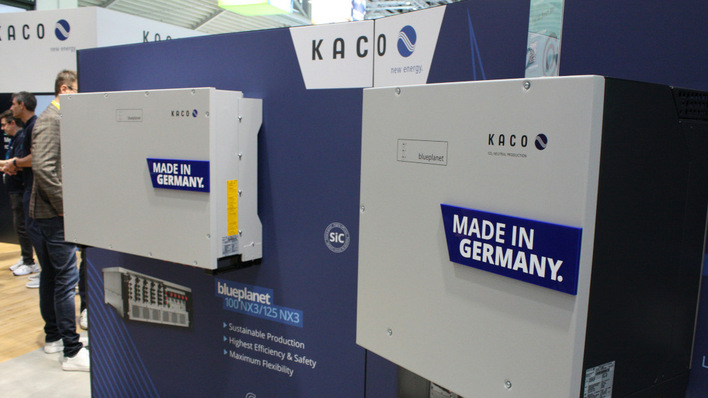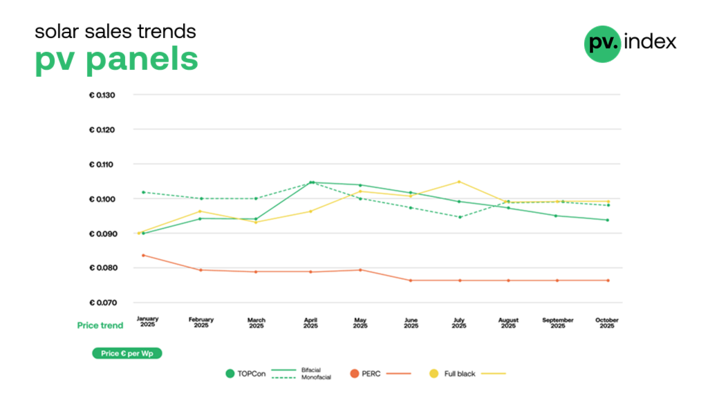UN 38.3 represents tests that ascertain the transport safety of lithium ion cells and batteries. Products that have not passed the UN 38.3 test may only be transported under exceptional circumstances. Because of their size and quantity, domestic stationary storage units usually do not warrant an exception.
Tests include mechanical vulnerability to vibrations and shocks by exposure to forces of up to 50 or 150 grams, safety in a vacuum and from a short circuit as well as thermal stability. Many tests are undertaken at accredited laboratories; the manufacturers generally do not the necessary equipment.
The results of these quite elaborate UN tests are usually recorded in a detailed audit document for internal documentation as well as in a short report/test certificate or presentation for public submission. Well-known accredited service providers such as the TUV Rhineland, VDE, UL or Cetecom provide such tests. Having passed the UN 38.3 tests certifies transport safety, if all requirements are met. However, this does not automatically also certify the product as safe to use. (HS)
Look at this, too:
Storage advice: Do not expose lithium cells to sub-zero temperatures
Stay informed, get our newsletter twice a week: Register here.








